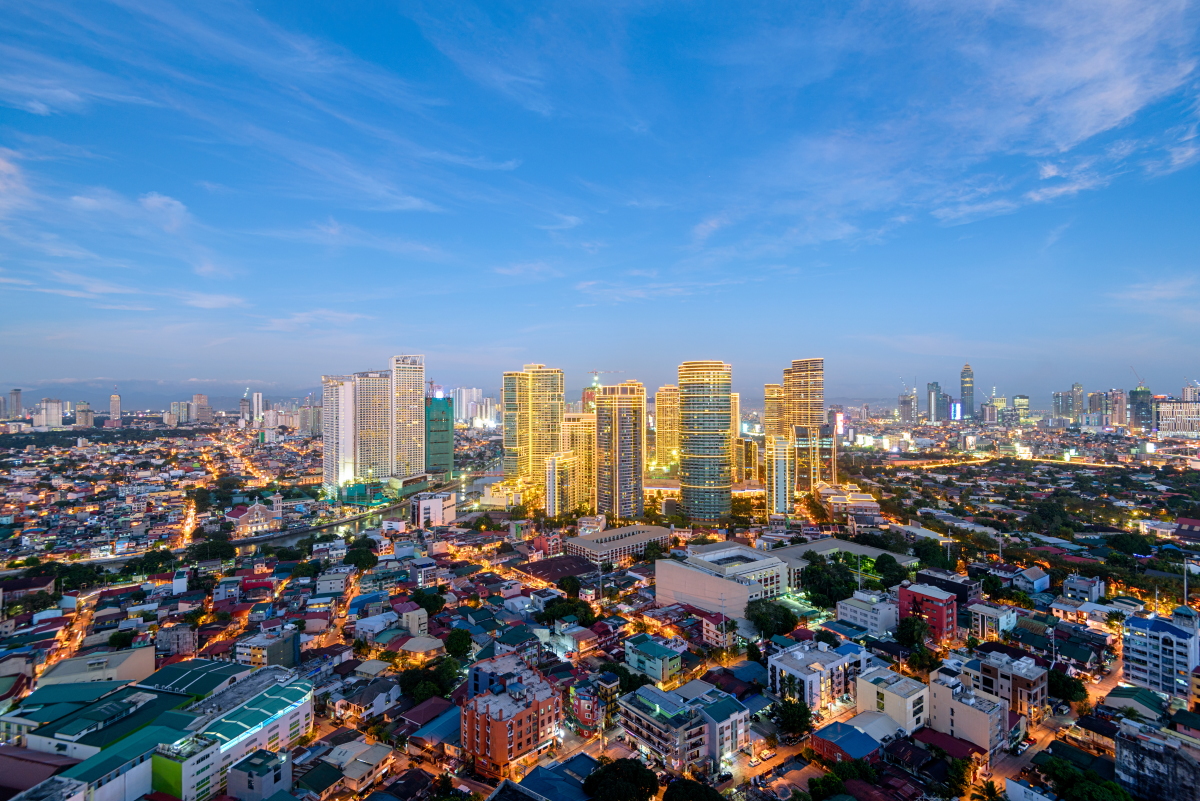Philippine’s President Rodrigo Duterte signed a bill earlier this week that allows full foreign ownership in the telecom, airlines and shipping sectors, opening up one of the world’s most restrictive economies. The archipelago has historically been a laggard in the region for attracting foreign investment due to the 85-year-old Public Service Act (PSA), which prohibits more than 40% foreign ownership cap in certain sectors.
The amended PSA now lifts these investments restrictions from certain sectors, but a foreign equity cap will stay in sectors such as electricity and water distribution, petroleum, seaports and public utility vehicles.
Impact on Philippines’ economy
Philippines has some of the strictest foreign investment rules, according to the 2020 Organization for Economic Cooperation and Development (OECD) report. “The Philippines must act quickly in terms of carrying out economic reforms that further trade and investment activities,” European Chamber of Commerce of the Philippines President Lars Wittig said before the signing ceremony for the revised PSA.
The amended law opens up the economy to international players for setting up and owning businesses serving the public in a bid to boost jobs and economic growth. “Initial investment leads in the sector will be over $60 bn composed of telecom, transportation, logistics, railway. This is still understated as other leads have not indicated investment amounts,” Trade Secretary Ramon M. Lopez told media representatives. It could be over $100 bn over two years, according to the trade secretary.
However, lawmakers backing the bill estimate a boost of 299 bn pesos ($5.7 bn) in foreign direct investment over the next five years, as reported by Reuters. “I look forward to finally having an enabling environment that provides better and more affordable services, creates more jobs and ultimately improves the quality of life of every Filipino,” said Senator Grace Poe, one of the principal authors of the bill.
The amendment comes as a relief for consumers who previously complained of the lack of foreign competition, which resulted in poor services and high prices due to few companies dominating the sectors.
Industry players praise amendment
Public advocacy group Foundation for Economic Freedom (FEF), whose members include former finance secretaries and central bankers, said that it sees more competition in the public service sector, attract foreign direct investment and pave the way for better public services. “The amended law likewise protects consumer welfare by increasing the penalties for erring companies engaged in public services.”
Trade bodies such as the British Chamber of Commerce of the Philippines (BCCP), the American Chamber of Commerce of the Philippines Inc. (AmCham), German-Philippine Chamber of Commerce and Industry (GPCCI), Management Association of the Philippines (MAP) and the Philippine Chamber of Commerce and Industry (PCCI) have lauded the move, reports Manila Times.
“The completion of the economic liberalization bills will revitalize our economy and encourage more investments and innovation as we continue to recover from the Covid-19 pandemic. The measures will also strengthen our domestic economy against external shocks such as the Russia-Ukraine crisis,” Socioeconomic Planning Secretary Karl Kendrick Chua said.
Increased interest from foreign firms
The Philippines’ telecom sector is highly restricted, and a third major telco only emerged in 2018. Several European telcos had bid to enter the country’s telecom space, but China Telecom-backed DITO Telecommunity won the bid.
Meanwhile, Elon Musk’s SpaceX is planning to launch satellite internet services and broadband connectivity in the Philippines, and late last year met with government officials to discuss plans.
An analysis by the Asian Development Bank (ADB) and Thinking Machines Data Science found that rural and urban areas in the country had at least 3.2 Mbps speed, and only 6% of the population in the poorest cities have access to this speed as compared with the 100% rate in the wealthy cities, shedding a light on the digital divide prevalent in the country.
Australia’s Ambassador to the Philippines Steven Robinson told ANC that Australian firms were looking to invest in the archipelago as the country treads towards normalization after the pandemic.
Philippines economy on track for an overhaul
The signing of the Public Service Act is the last among the three key economics bill President Duterte’s government has been pushing for. The other two bills are the amended Retail Trade Liberalization Law (RTLA) and the Foreign Investment Act.
The RTLA allows foreign investors to engage in the local retail industry with high minimum paid-up capital requirements, while the Foreign Investment Act allows first time international investors to set up and fully own small and medium-sized businesses.


 Australia
Australia China
China India
India Indonesia
Indonesia Japan
Japan Malaysia
Malaysia Philippines
Philippines Singapore
Singapore South Korea
South Korea Taiwan
Taiwan Thailand
Thailand Vietnam
Vietnam







